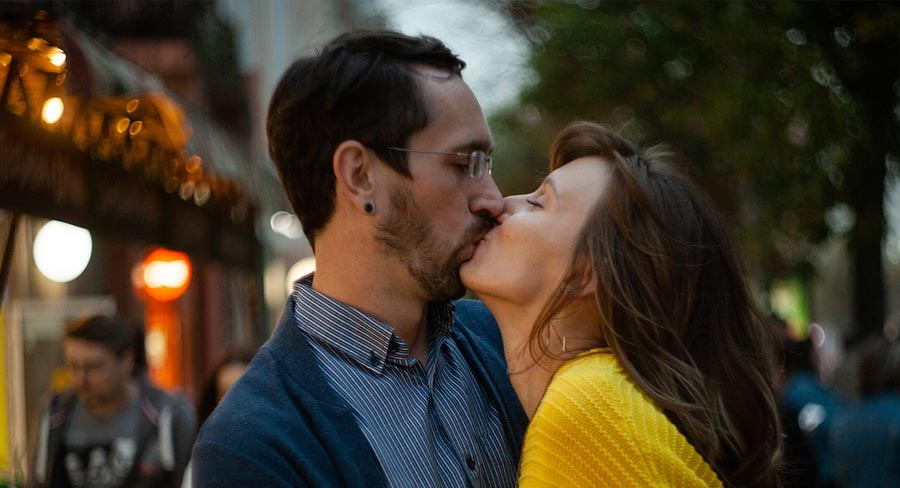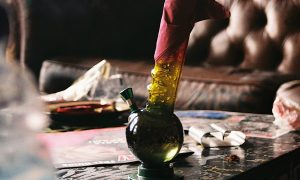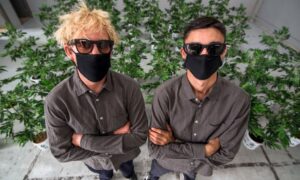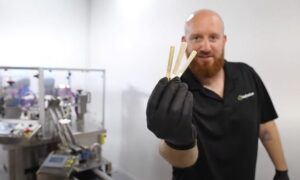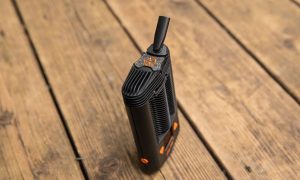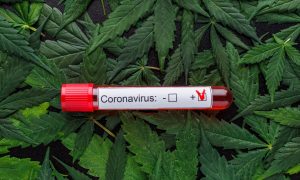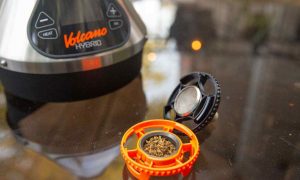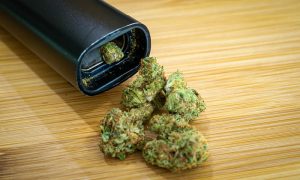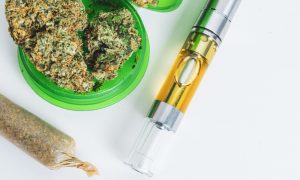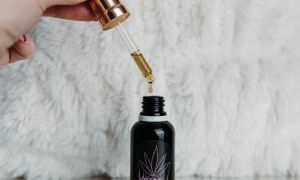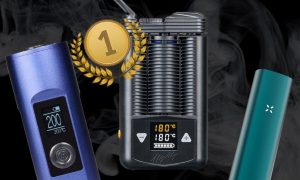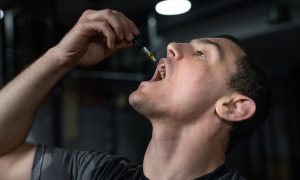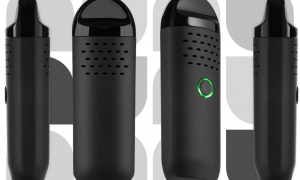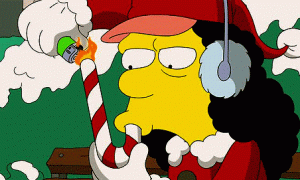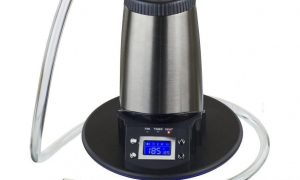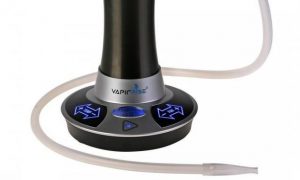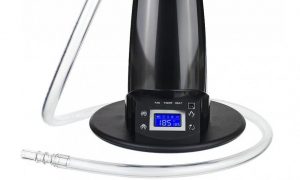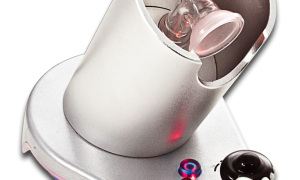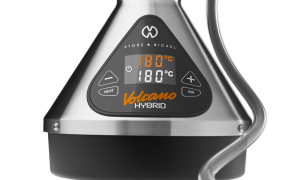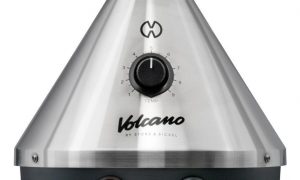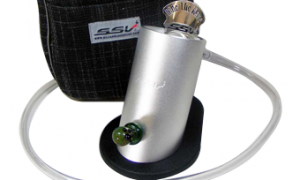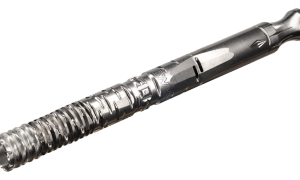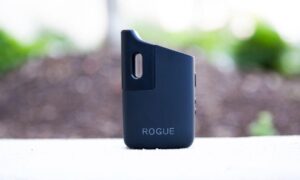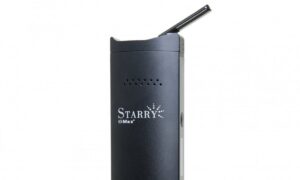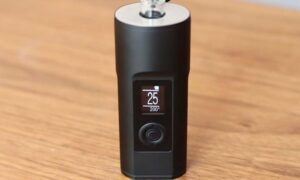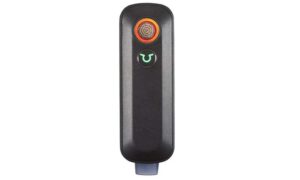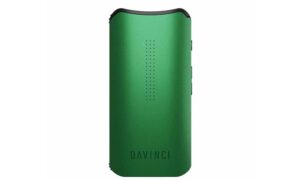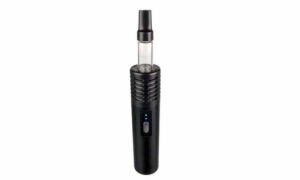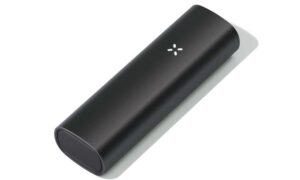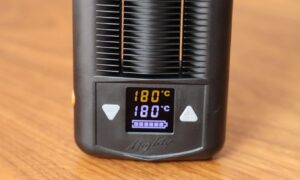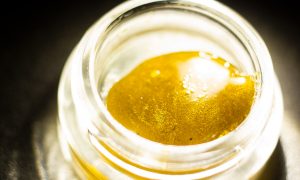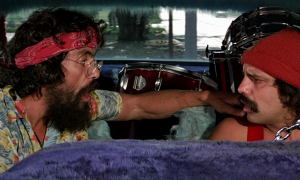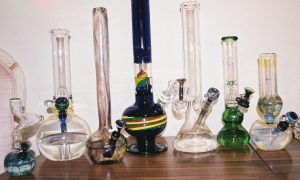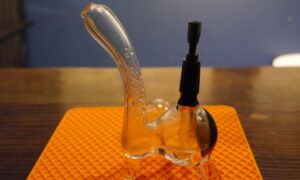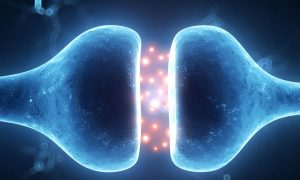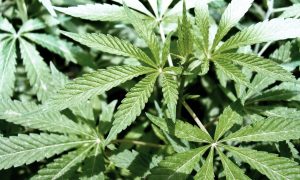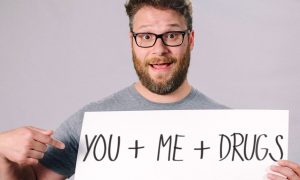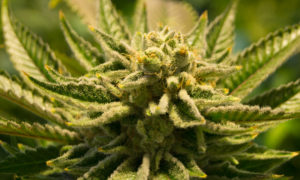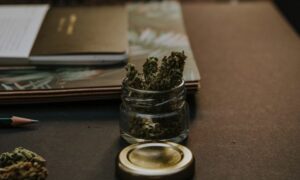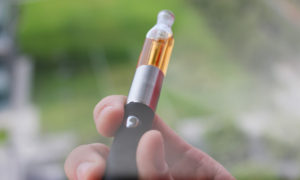A Sydney business owner claims his livelihood has been destroyed as a result of flaws within the state’s controversial roadside drug testing scheme.
Alec Zammitt, who previously ran a private security company, had his license to operate revoked by the NSW Police after a mobile drug test found cannabis in his system while driving.
However, Zammitt disputes these results, and believes the positive test was caused by cross contamination from his partner, a medicinal marijuana user.
According to Professor Robert Weatherby, a health expert at Southern Cross University who reviewed the case, the cannabis found in Zammitt’s system likely came from a kiss exchanged with his partner before entering the car.
The case has drawn attention to a major flaw within the roadside drug test system.
Unlike a roadside alcohol test, which measures the level of alcohol present in person’s system, the drug test used by the NSW Police only tests for the presence of illicit substances – making no differentiation between those who are impaired, and those who have come into casual contact with them.
Despite this, the penalties are equally severe – drivers face fines, the loss of their licenses, and in Zammitt’s case the loss of his security licence.
“I immediately had to turn over my master security licence therefore terminating the security company that I am the sole director of and resulting in 4 people, plus contractors, instantly finding themselves without a career,” Zammitt said.
“Myself and my staff have mortgages to pay. This is not right!”
Why Drug Testing Doesn’t Improve Road Safety
Since its introduction in 2007, the drug testing has come under criticism from legal experts and civil liberties advocates. Like the state’s sniffer dog program, they argue the tests do nothing to improve community safety, and instead are about giving police the power to conduct searches that would otherwise be legally questionable.
Under the Road Transport Act 2013, police can request any driver to stop for the purpose of a drug test. Refusing to stop can attract a penalty of up to $1,100 fine.
However, the police do not need to show that someone was driving dangerously before asking them to stop. Critics of the scheme believe this had led to targeted harassment of individuals who fall foul with the police, along with blanked testing of particular social groups.
For example, police can utilise number plate recognition to identify and stop drivers who has previously been in contact with the police – subjecting them to unfair and unnecessary stops.
Similarly, they allow police to unfairly target specific social groups – either by choosing to set up blanket testing sites in particular suburbs, or outside specific events, such as music festivals.
“This has become a de facto means of drug testing all citizens, and they’re doing it through licensing,” said Mark Davis, Principal of Sydney City Crime.
“There’s no onus on the police prove these people were affected by drugs in anyway, but you still have hundreds of people ending up with criminal convictions – even for trace elements in their system.”
“In Alec’s case, he’s been picked up after kissing his girlfriend just before the test – his case shows the hidden dangers of these drug laws, and why everyone should be concerned about them.”
In Victoria, a cross party working group of MPs has begun the process of reforming their state’s drug driving laws.
“I look forward to the working group getting underway and offering whatever support I can, so that people who take medicinal cannabis can look forward to leading a more normal life and not be treated like a criminal when they get behind the wheel,” said Fiona Patten, leader of the Reason Party, who was an early advocate for reform.
Internationally, there’s also been a move away from zero-tolerance approaches to systems that use thresholds to determine whether a person driving under the influence of drugs is likely to be impaired.
For example, Canada, and many US states, have introduced thresholds on the nanograms of THC present per millilitre of blood to guide drug driving penalties – similar to blood alcohol content.
Have you been unfairly stopped? Get expert advice from Sydney City Crime’s legal team now on 0419 124 124.
This story was written by Kieran Adair for Sydney City Crime.

